The U.S. House Financial Services Committee is making strides in drafting laws that could hinder the creation of a digital dollar by the central bank.
Patrick McHenry, the committee's chairman, recently announced that on September 20, lawmakers will be gathering for a session to delve into the intricacies of two key bills concerning the prospective digital currency. This session, also known as a markup, is pivotal in the legislative process, helping to shape and refine the proposed laws before they are presented for broader review.
A primary piece of legislation, H.R. 3712 or the Digital Dollar Pilot Prevention Act, seeks to limit the Federal Reserve's authority. If passed, the Federal Reserve would not be able to kick off pilot programs to explore central bank digital currencies (CBDCs) without first obtaining a green light from Congress. This proposal was first put forward by Representative Alex Mooney earlier this year.
Interestingly, even though the Federal Reserve has not confirmed any plans of launching a CBDC, the San Francisco branch has been recruiting technical experts for a possible digital dollar project, hinting at its continued consideration.
The complementary bill seeks to modify the Federal Reserve Act. The amendments would restrict Fed banks from providing specific services directly to individuals. Furthermore, the legislation aims to block the employment of CBDCs in the realm of monetary policies, among other uses. A segment of the bill states that a Federal Reserve bank should not present a digital currency, or any similarly tagged digital asset, to an individual, whether it's done directly or via financial institutions.
The discussion surrounding a digital dollar is a hot topic in the U.S. Notable figures, including presidential hopefuls Robert F. Kennedy Jr. and Ron DeSantis, have publicly criticized the idea of introducing a CBDC, voicing concerns about financial privacy. On the flip side, some believe that embracing a digital currency might solidify the standing of the U.S. dollar globally and could even fuel the growth of cryptocurrency use.





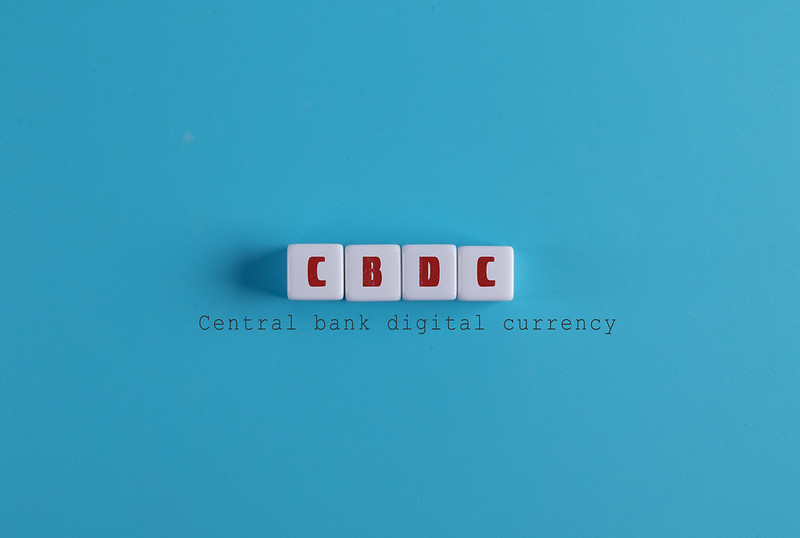
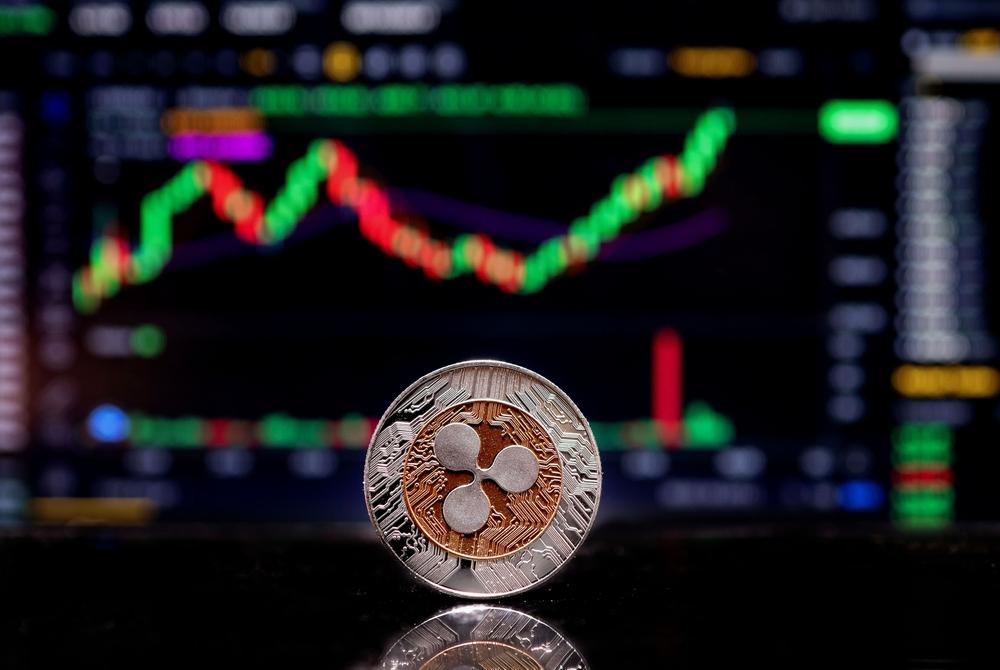




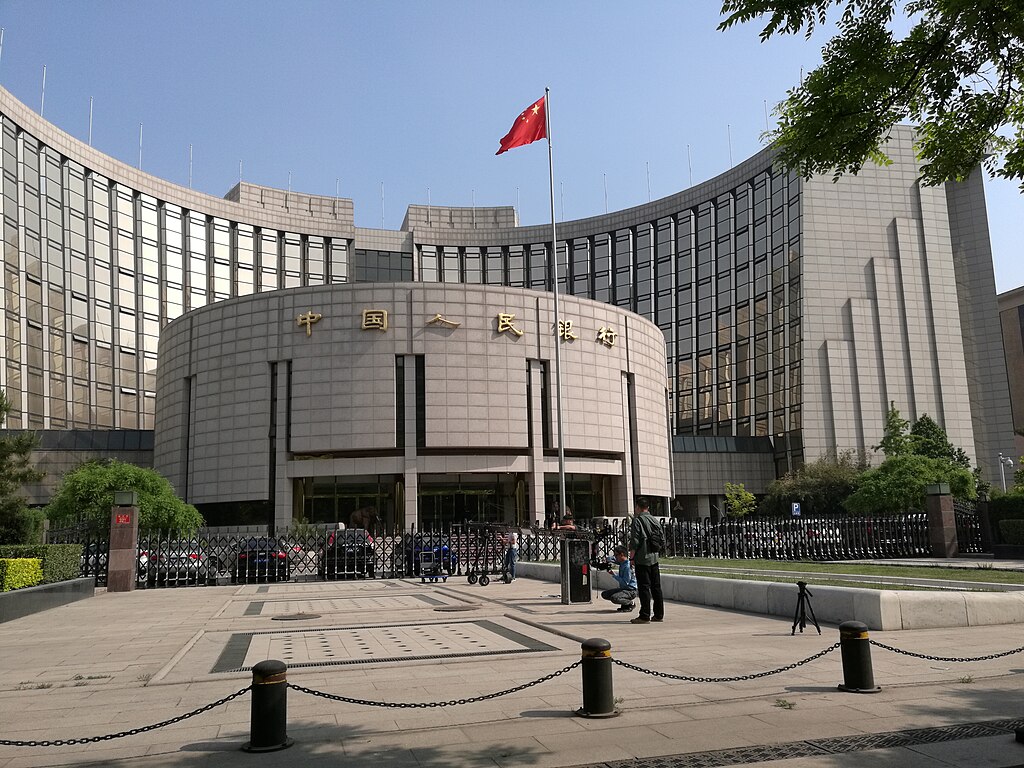


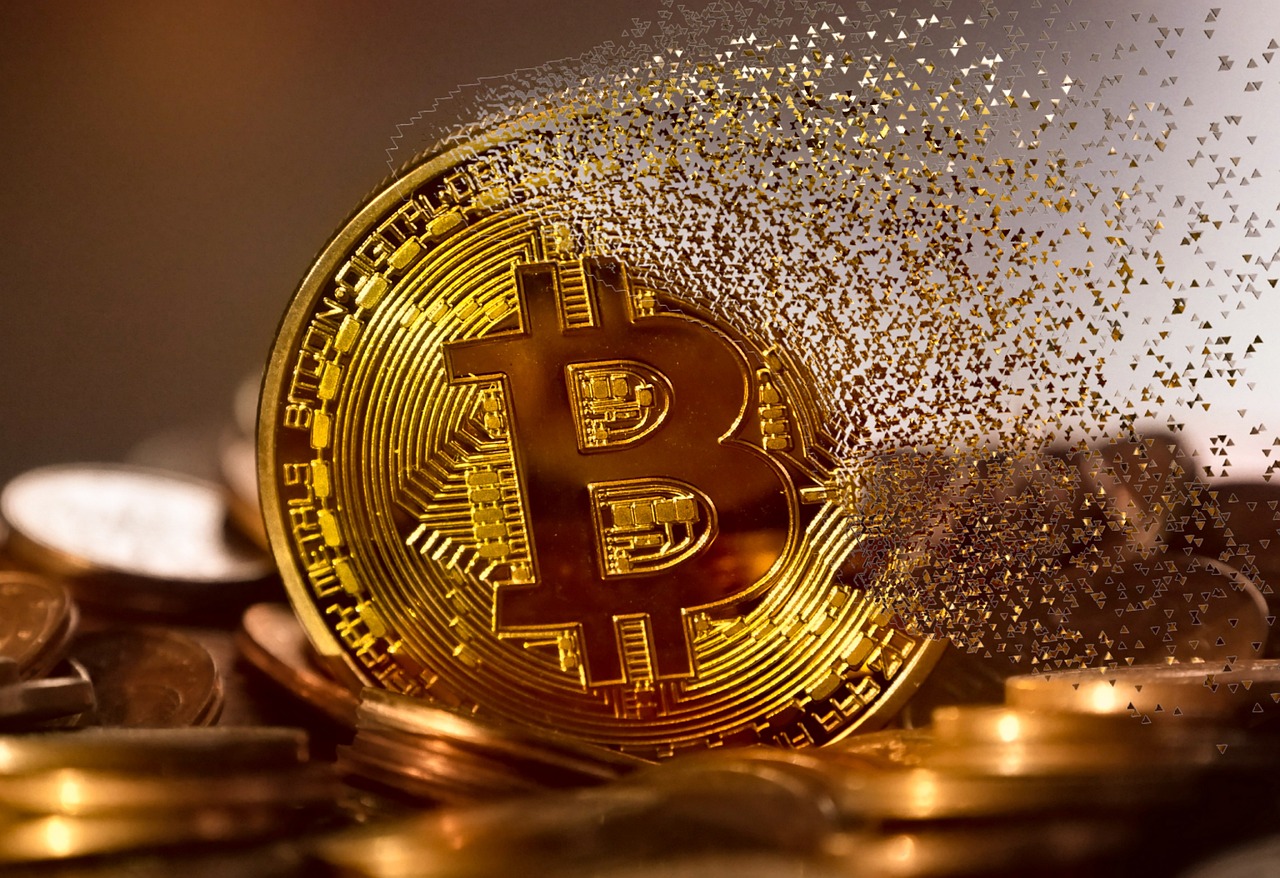





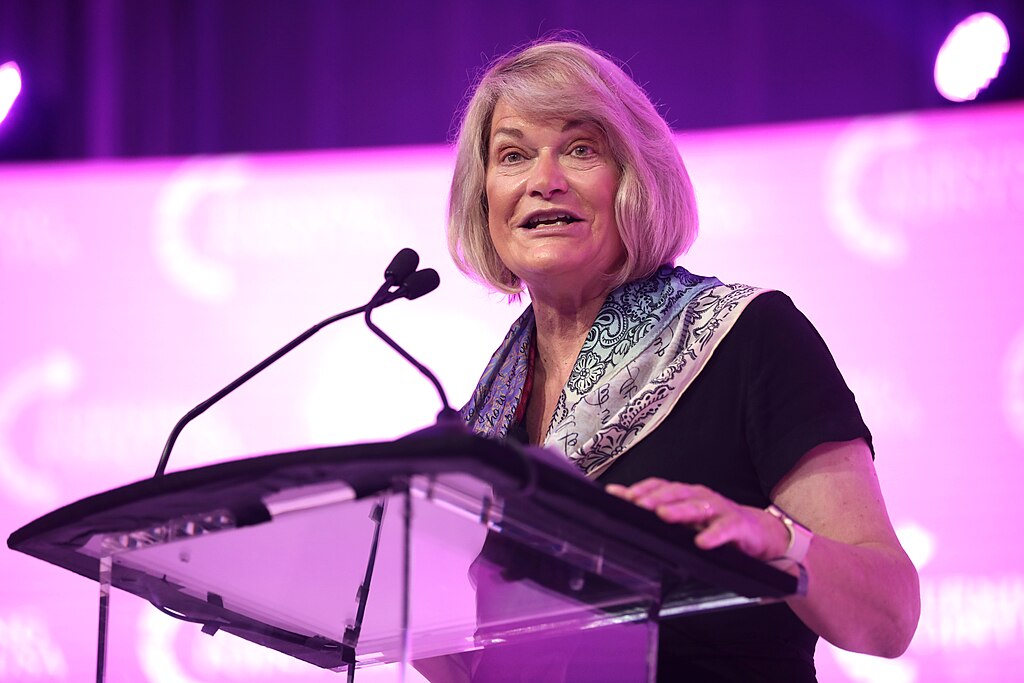

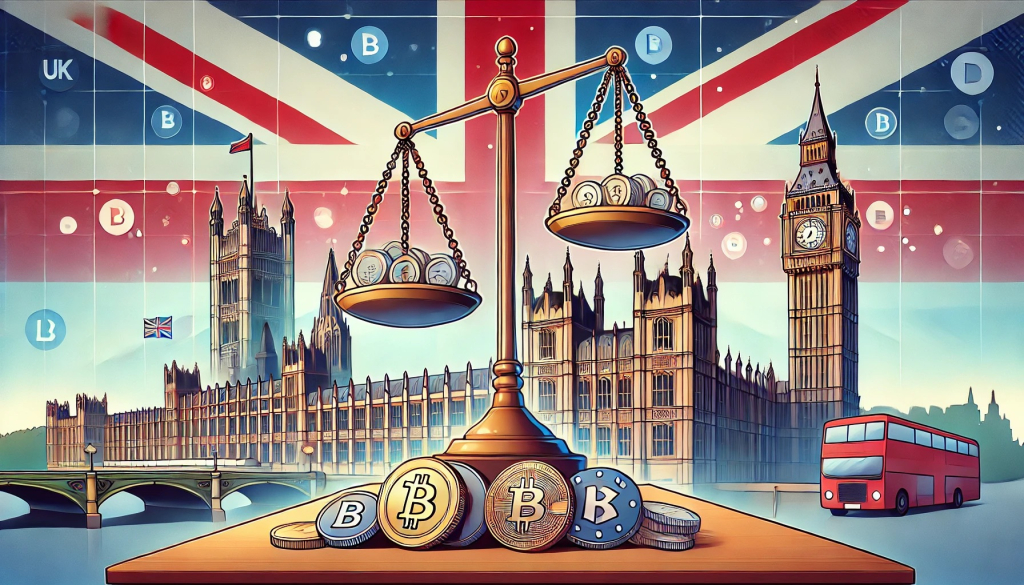



Comment 0